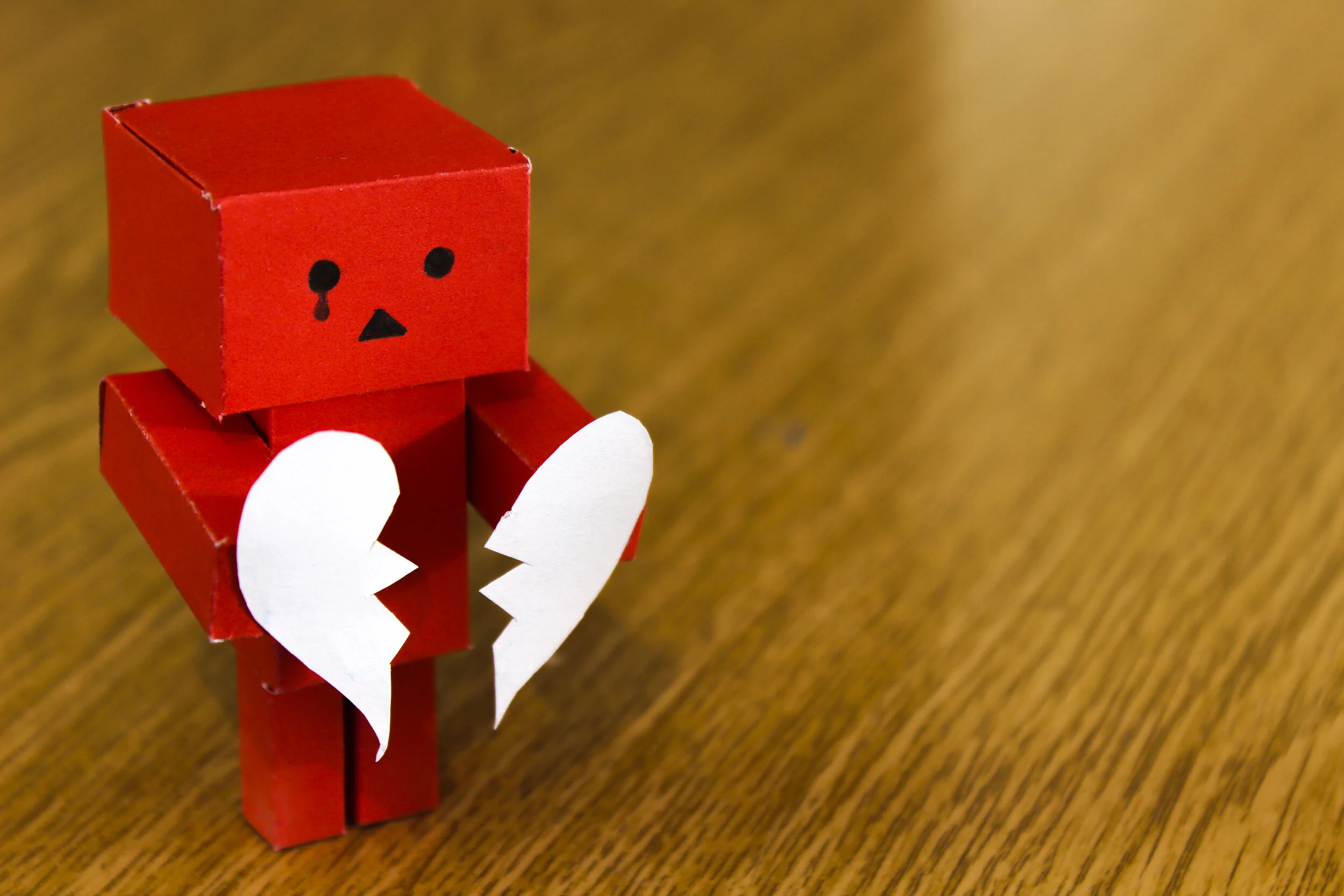How long do DNA samples last?
How Long Does DNA Last?
DNA testing relies on the integrity of genetic material to provide accurate results. Whether for relationship DNA testing or infidelity testing, the lifespan of DNA depends on several factors, including sample type, storage conditions, and exposure to environmental elements. Understanding how long DNA remains viable can help ensure reliable test results.
DNA Longevity in Oral Swabs for Relationship Testing
For standard relationship DNA testing, such as paternity, sibling, and grandparent DNA tests, buccal (cheek) swabs are the preferred sample type. Buccal cells contain high-quality DNA that is easy to extract and analyze.
How Long Does DNA Last?
When stored properly in a dry, room-temperature environment, DNA from buccal swabs can last up to 6 months without significant degradation.
If refrigerated, DNA can remain viable for over a year.
Improper storage, such as exposure to heat, moisture, or bacteria, can degrade DNA within days to weeks.
Best Practices for Preserving Buccal Swab DNA
Allow swabs to air dry before sealing them in a paper envelope (not plastic, which traps moisture and promotes mold growth).
Store swabs in a cool, dry place away from direct sunlight and humidity.
Avoid eating, drinking, smoking, or chewing gum at least 30 minutes before sample collection to ensure a clean DNA sample.
With proper collection and storage, buccal swabs provide a reliable and long-lasting source of DNA for relationship DNA tests.
DNA Stability in Special or Non-Standard Samples for Forensic Relationship Testing
In cases where buccal swabs are unavailable, forensic DNA samples may be used for relationship testing, such as paternity or sibling verification.
Hair with Root: DNA can last for years if the hair follicle (root) is intact, but DNA degrades if only the hair shaft is present.
Blood Stains: Dried blood can preserve DNA for several years when kept in a dry, cool environment.
Toothbrushes: DNA may remain detectable for months to years, depending on usage and storage conditions.
Bone and Teeth: In extreme cases, DNA from bones and teeth can remain viable for decades or even centuries when well-preserved.
Factors That Affect DNA Stability in Forensic Samples:
Exposure to moisture speeds up degradation.
Heat and UV radiation from sunlight break down DNA over time.
Bacteria and mold can degrade biological material quickly, especially in humid conditions.
Forensic DNA samples may require 5-7 business days for processing due to the extra steps involved in DNA extraction and analysis.
Best Practices for Storing Special Samples
When collecting and storing special or non-standard DNA samples, following these best practices can help preserve DNA integrity and increase the chances of a successful analysis:
Air Dry Samples – Ensure that samples such as clothing, tissues, or bloodstains are completely dry before storage to prevent mold or bacterial growth.
Store in a Cool, Dry Area – Keep samples away from heat, humidity, and direct sunlight, as these can degrade or denature DNA.
Use Paper Envelopes – Avoid plastic bags or ziplock bags, as they can trap moisture, creating an environment where bacteria can thrive and degrade DNA.
Do Not Wash the Sample – Washing or excessive handling can remove or damage any DNA present, making extraction difficult or impossible.
Minimize Handling – The less a sample is handled, the lower the risk of contamination or DNA degradation.
DNA Degradation in Special or Non-Standard Samples for Infidelity Testing
Infidelity DNA testing often involves testing for semen, saliva, or skin cells on personal items such as clothing, bedding, and tissues. These sample types have varying DNA stability depending on environmental factors.
Semen and Saliva on Fabric: DNA may remain detectable for weeks to months if the sample is dried and stored properly.
Used Tissues or Wipes: DNA can degrade within days to weeks, especially if exposed to heat and humidity.
Clothing or Underwear: Dried biological stains can retain DNA for months, but washing significantly reduces the chances of DNA recovery.
Tips for Preserving DNA in Infidelity Testing Samples:
Avoid washing or handling the sample excessively.
Store items in paper envelopes rather than plastic bags.
Keep samples dry and away from direct sunlight or extreme temperatures.
Due to the fragile nature of DNA in non-standard samples, results from infidelity DNA tests may take 5-7 business days for processing.
Final Thoughts on DNA Longevity and Testing
The longevity of DNA depends on the sample type, storage conditions, and environmental exposure. Buccal swabs remain the most reliable and long-lasting option for relationship DNA testing, while forensic and infidelity samples require careful handling to prevent degradation. Understanding how to collect and store DNA samples properly can ensure accurate and reliable results for all types of DNA testing.



















